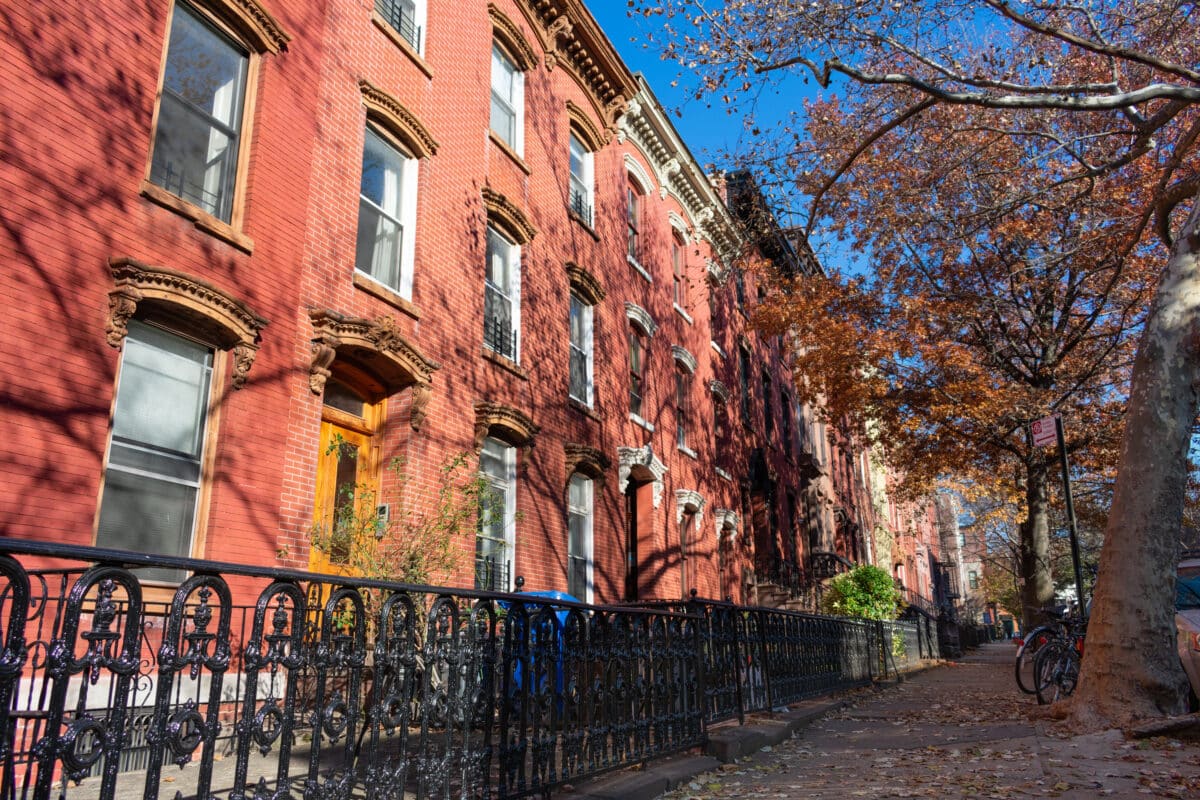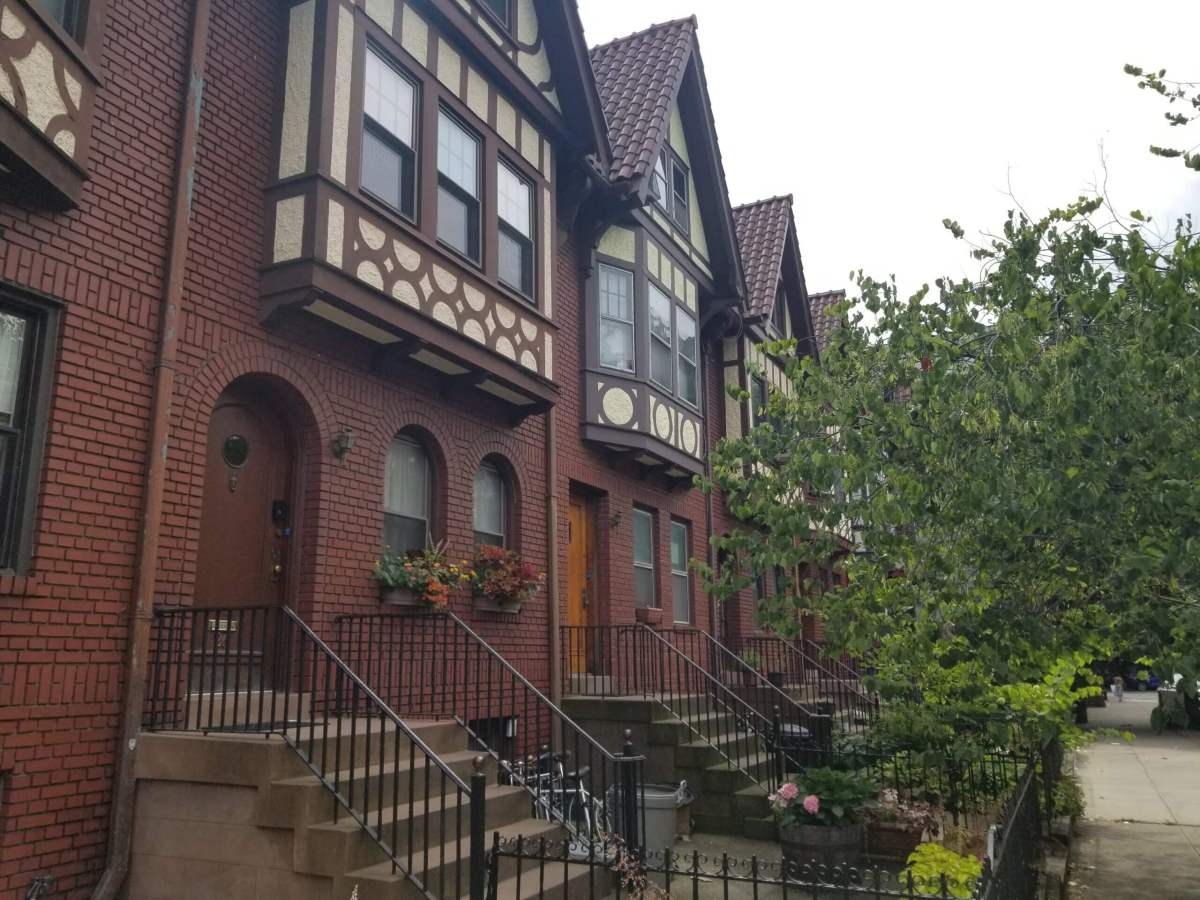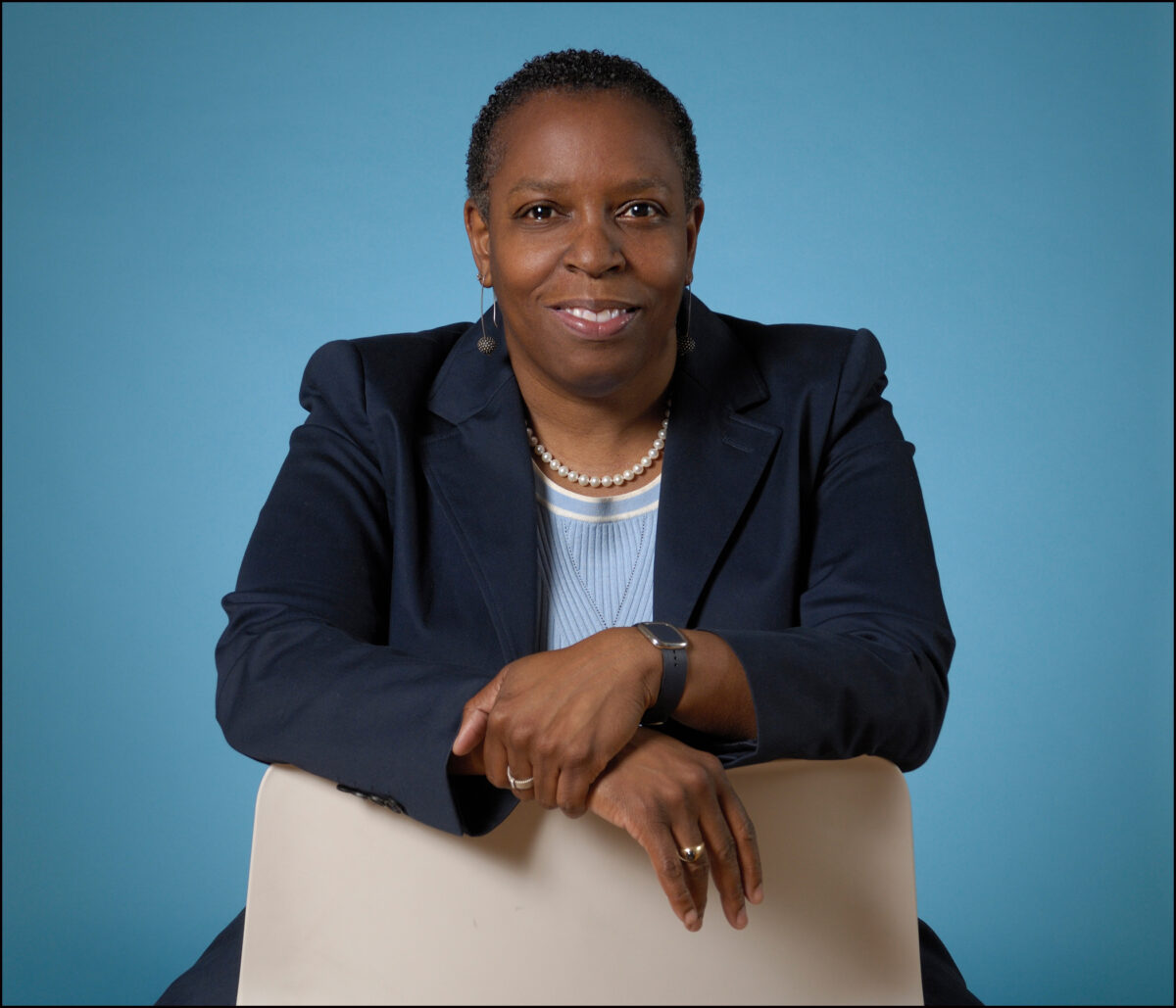A lawsuit challenging the legality of the city’s labyrinthine property tax system can proceed, the state’s top court ruled on Tuesday, bringing with it the potential to upend how the city collects billions of dollars in revenue annually to finance municipal functions such as policing, garbage collection, and education.
In a 4-to-3 decision, the New York Court of Appeals ruled that a lawsuit brought by Tax Equity Now New York (TENNY) can proceed forward through lower courts. Since 2017, the group — comprised of a mix of small homeowners and real estate groups — has been suing the city, claiming that its complex property tax system discriminates against low-income homeowners of color and relieves wealthy property owners of their fare share of the burden for financing city operations. Property taxes made up 43% of the city’s tax dollars last year.
In the decision, Judge Jenny Rivera — joined by three of the Court’s liberal members, including Chief Judge Rowan Wilson — contended that TENNY presented a robust enough argument that the case should be kicked back to the lower courts and proceed.
“According to the complaint, the numbers tell the story of a taxation scheme that requires lower-income property owners and renters in majority-minority New York City neighborhoods to pay more than their fair share of the tax burden in violation of the law,” Rivera wrote.
In a statement, TENNY policy director Martha E. Stark said it was “great” to see the top court come to terms with a “universally-acknowledged problem.”
“Today is a great day for millions of New Yorkers who have been treated unfairly by the city’s unconstitutional property tax system,” said Stark. “The court’s decision means that finally, after decades of avoiding responsibility to fix a universally-acknowledged problem and a seven-year legal battle, city and state leaders will be required to create a property tax system that is equitable and just for millions of renters and homeowners in lower-income and minority communities.”
The city and state “do not dispute that the system results in disparities” that are “unfair, illegal, and ever more inequitable with each passing year,” Rivera wrote.
Wait-and-see

At a press briefing on Tuesday, Mayor Eric Adams’ corporation counsel Sylvia Hinds-Radix would not specifically comment on the ruling, but highlighted that the ruling “does not mean that the lawsuit is concluded. It goes back to the lower court, and then the determinations are going to be made.” Gov. Kathy Hochul told reporters that the ruling would represent a “rather dramatic shift” for the city, according to Gothamist.
The convoluted property tax system has created a situation where small homeowners in the outer boroughs and rental building owners are often paying higher effective tax rates than wealthy property owners in the city’s toniest neighborhoods.
For one, taxes are based not on a property’s actual market value but on an arcane, fractional estimate called “assessed value.” Property tax bills are also subject to caps on how much they can grow each year, which artificially lowers bills in wealthy neighborhoods like Brownstone Brooklyn where property values can and do grow tremendously in a short amount of time.
The system has few outright defenders. Former Mayor Bill de Blasio empaneled a commission tasked with coming up with recommendations to reform the property tax system, and in the waning days of his administration recommended reforms like doing away with the growth caps. The reforms were not implemented.
The ruling was celebrated across the spectrum. The Community Housing Improvement Program (CHIP), a group representing landlords of rent-stabilized buildings, said the ruling was the first step in reforming a system that slaps landlords with “skyrocketing tax hikes” on old rent-regulated housing stock.
“It has been evident to everyone that New York City’s property tax system is inequitable and systemically racist for the past four decades,” said Jay Martin, executive director of CHIP. “This has manifested itself through skyrocketing tax hikes on older rent-stabilized buildings, which provide the majority of the affordable housing in New York City, as wealthy homeowners are given huge tax breaks.”
Southern Brooklyn Council Member Justin Brannan, the City Council’s finance chair and a longtime property tax reform advocate, said the ruling showed the court agreed with “what what we’ve known forever.”
“Our property tax system is unfair, badly broken, and entirely inequitable,” Brannan said. “This decision will now require Albany to finally take action on property tax reform.”
Read more: Suozzi vs. Pilip: High-Stakes February 13 Special Election



































